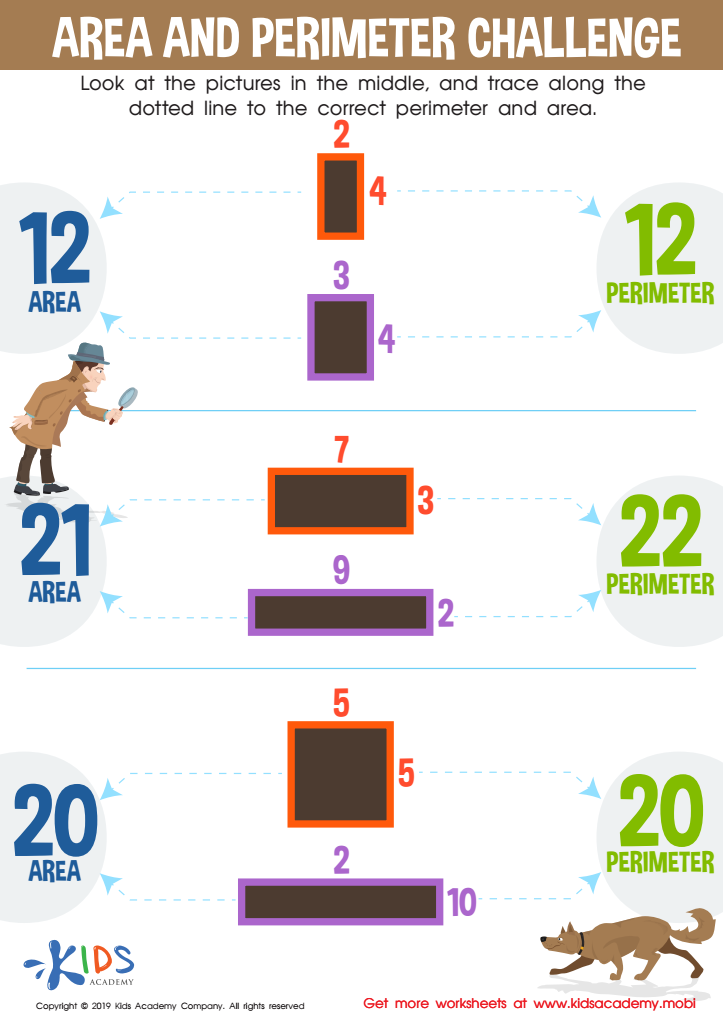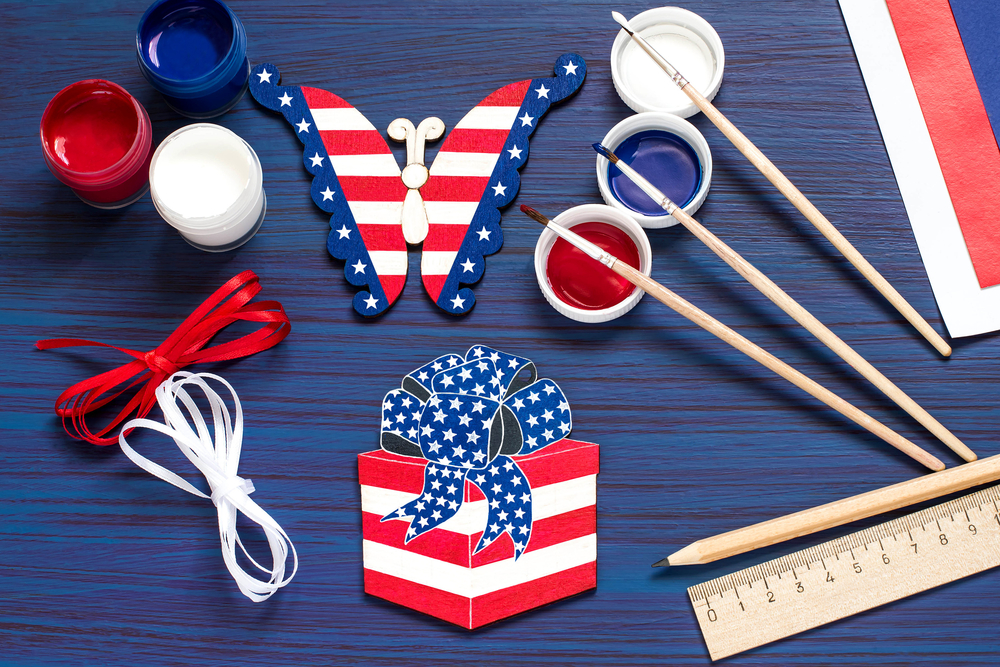Applying formulas in practice Worksheets for Kids
1 filtered results
-
From - To


Area and Perimeter Challenge Worksheet
Question/Answer
How to test a Grade 3 student’s Applying formulas in practice skills?
To test a Grade 3 student's skill in applying formulas in practice, create practical math problems that require them to use simple arithmetic operations—like addition, subtraction, multiplication, or division—in real-world contexts.
Why is the Applying formulas in practice skill important for Grade 3 students?
The "Applying formulas in practice" skill is important for Grade 3 students because it helps them understand how mathematical concepts apply to real-world situations. This fosters critical thinking, problem-solving abilities, and practical understanding of math, laying a foundational skill set for more complex mathematical operations and concepts they will encounter in higher grades.
What are some effective activities to train students’ Applying formulas in practice skill when teaching them about Geometry?
Effective activities include interactive problem-solving sessions, utilizing geometric software tools like GeoGebra, engaging in hands-on construction projects with physical shapes, organizing group challenges that involve applying formulas in real-world contexts, and incorporating games or puzzles that require geometric calculations. These methods make abstract concepts tangible, enhance understanding, and boost the skill of applying formulas in practice.
 Assign to the classroom
Assign to the classroom











